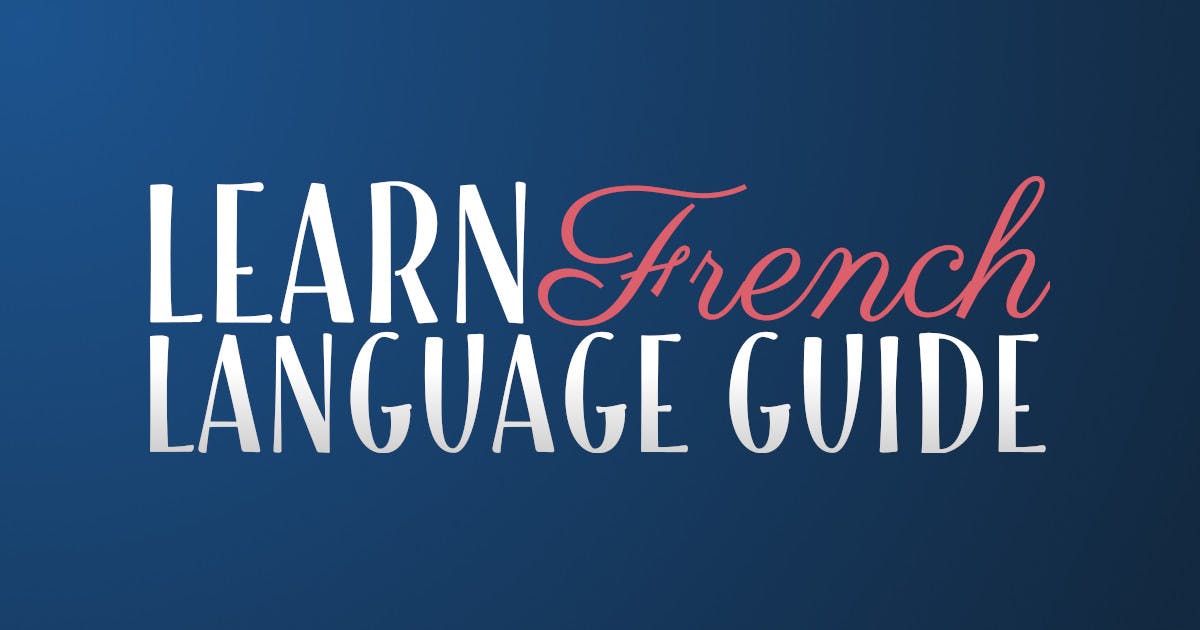How To Learn French Through Conversation Classes
One of the traditional ways to learn French has been starting where a first grader would - learning the French alphabet, simple words, and simple grammar.
From there, you continually advance to intermediate grammar and then to advanced grammar.
The problem with utilizing only this method to learn French is that some people may end up learning how to read and write in French, but never learn how to hold a conversation in French.
Speaking in an informal setting is very different from speaking in a formal class.
As a result, it’s important to not just study French grammar, but also practice French conversation.
One great way to do this is to enroll in a conversational class at the local university or community college.
Some Recreation and Education centers also offer French conversational classes.
Generally, you will learn French words that are necessary parts of a conversation first.
These can be small words like “and, or, she, what,” and so on.
Once this foundation is set, you will usually be given a thin volume of conversational topics.
These are generally around two pages per topic, and include key vocabulary related to the particular topic.
Then to start the conversations in French, questions are asked.
When you use topics like this, you use the book as a starting point to learn it rather than as the point of the class.
You might, for example, have a topic about going on a trip in a car.
There will be words in French for the different parts of the car, such as the trunk or the seat. There will probably also be vocabulary regarding stops you make along the way, like gas station, for example.
The point of the French conversation starters is to help you start speaking.
In this instance, a conversation starter question could be, for example, “How did you get your car ready for your last trip?”
French language students can then use the topic words, along with the small words they know, to answer the question and not just learn it, but also speak it.
In a French conversation class, everyone will get a chance to answer the question eventually, but the conversation should be a lively exchange of ideas if the teacher is any good at all.
As you study this more, you will have even more to say about each topic.
You can draw on words that learned in previous lessons.
Once you have a few French lessons under your belt, the facilitator may have you put the book away for a few of the lessons.
During these times, you will focus on talking about yourself so everyone can get to know each other.
As you learn it, you will also find out what your classmates do and what they like.
Of course the topic words will not give you all the words you need to carry on a normal conversation.
They are just a starting point after all.
This is where the facilitator comes in. You try to use French words that you do know to describe what you mean.
When you get your point across, the facilitator will supply the word.
In conversation classes, the facilitator helps you out, but classmates also help each other.
It’s a group effort to begin and sustain a conversation in French.
As start to develop your it, you will find that it’s less effort and more pleasure.

SUBSCRIBE: